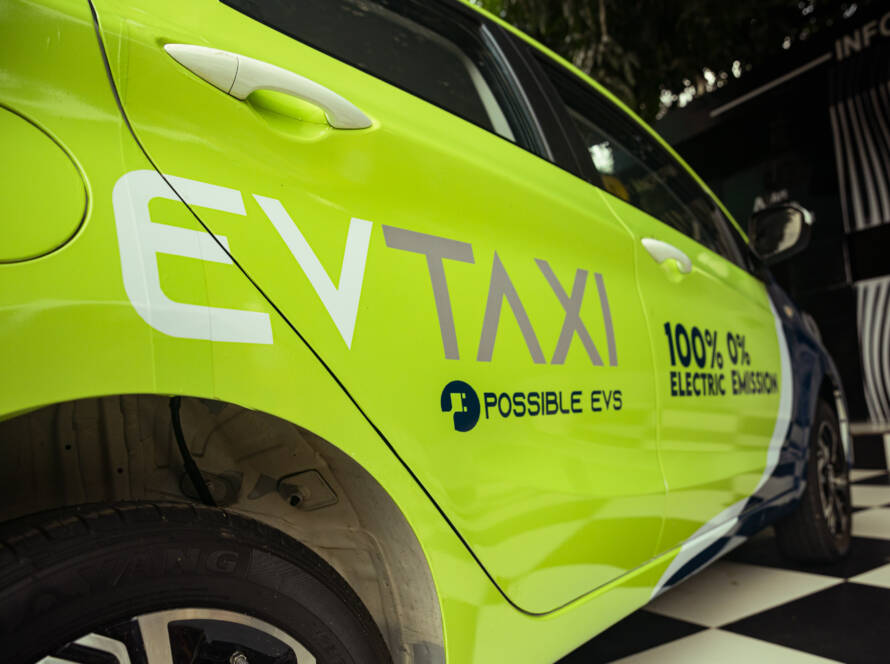Nigeria is witnessing a growing interest in electric vehicles (EVs) as a solution to the country’s transportation challenges. With its rapidly expanding population, urbanization, and increasing concerns about climate change and fuel scarcity, Nigeria is pivotal in its transition towards sustainable mobility. In this article, we explore the momentum behind the rise of electric mobility in Nigeria, highlighting key drivers, success stories, and the transformative potential of EVs for the country’s transportation landscape.
The Current Landscape
Nigeria’s transportation sector is dominated by petrol- and diesel-powered vehicles, leading to significant air pollution, traffic congestion, and reliance on imported fuel. However, the emergence of electric mobility offers a promising alternative, with numerous benefits ranging from reduced greenhouse gas emissions and air pollution to lower operating costs and energy independence.
The Nigerian government has recognized the potential of electric vehicles to address environmental challenges and promote economic development. Initiatives such as the Energy Transition Plan (ETP) target a complete adoption of electric vehicles by 2060. This is part of the overall national plan to transition to renewable energy by 2060.
As part of this drive, Possible EVS has just unveiled its first set of e-buses for mass transit, adding to the company’s already expanding fleet of electric vehicles, which includes electric motorcycles, electric taxis, e-buses, electric three-wheelers, and luxury electric vehicles such as Telsa Model X Plaid and Mercedes EQE.
One of the critical challenges regarding the growth of electric mobility in Nigeria is the development of charging infrastructure. As it stands, Nigeria can boast of only a few electric charging stations, one at Possible EVS and another in Lagos, installed by Sterling Bank.
Public and private stakeholders must collaborate to install more EV charging stations in strategic locations, including shopping malls, airports, and highways, to support the growing fleet of electric vehicles and alleviate range anxiety among consumers.
Challenges and Opportunities
Despite the progress made, Nigeria still faces challenges in accelerating the adoption of electric vehicles. Some of these challenges include limited awareness and education, high upfront costs, and inadequate power supply. However, these challenges also present opportunities for innovation, investment, and collaboration to overcome barriers and unlock the full potential of electric mobility in Nigeria.
As Nigeria continues its journey towards sustainable transportation, the role of electric vehicles will become increasingly prominent. We believe Nigeria has the potential to become a regional leader in electric vehicle services and manufacturing if only we can implement the right policies, leverage technological advancements, foster public-private partnerships, and prioritize environmental sustainability.
As the momentum behind electric mobility continues to build, Possible EVS stands ready to lead the charge toward a brighter, more sustainable future.

